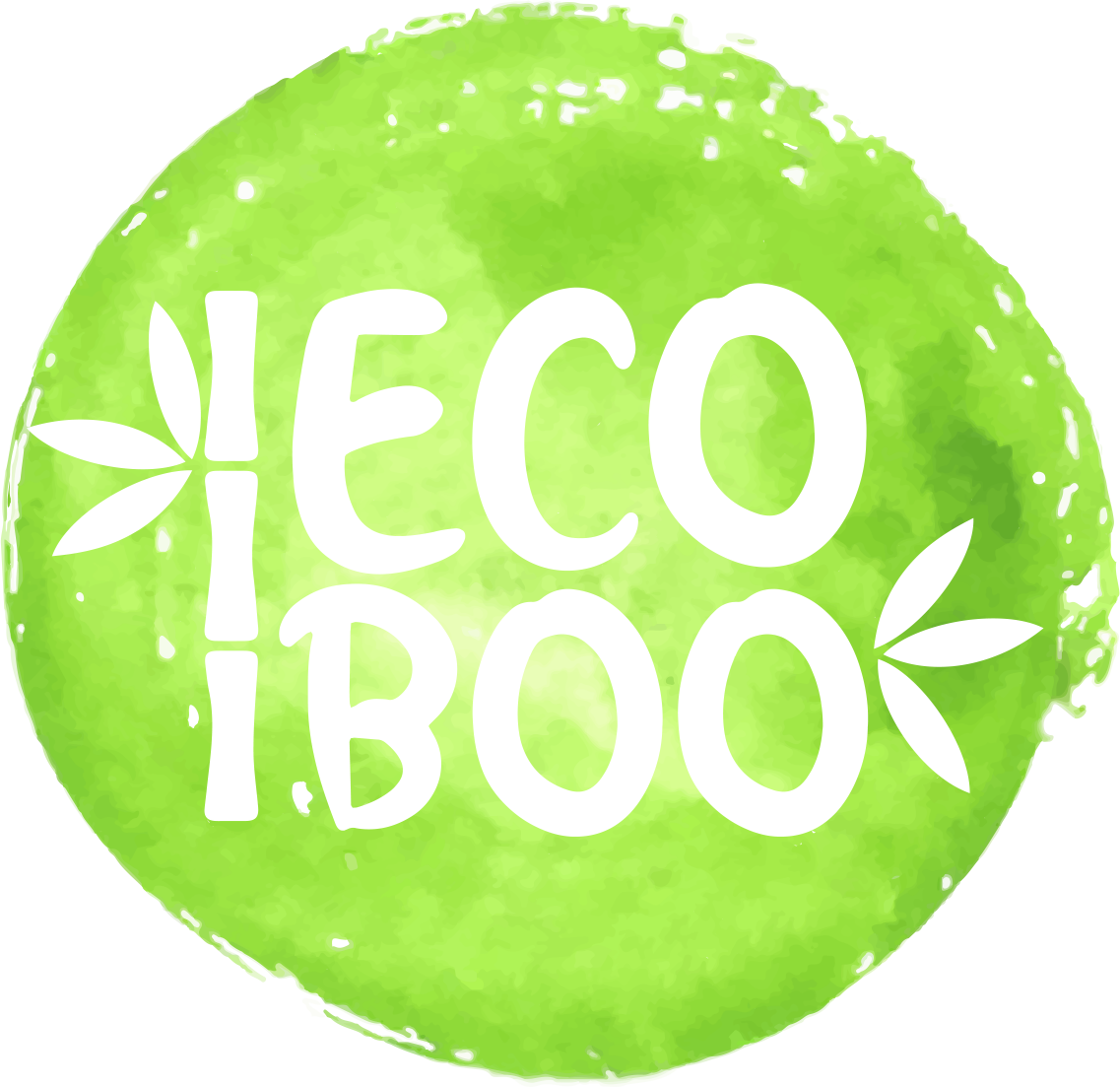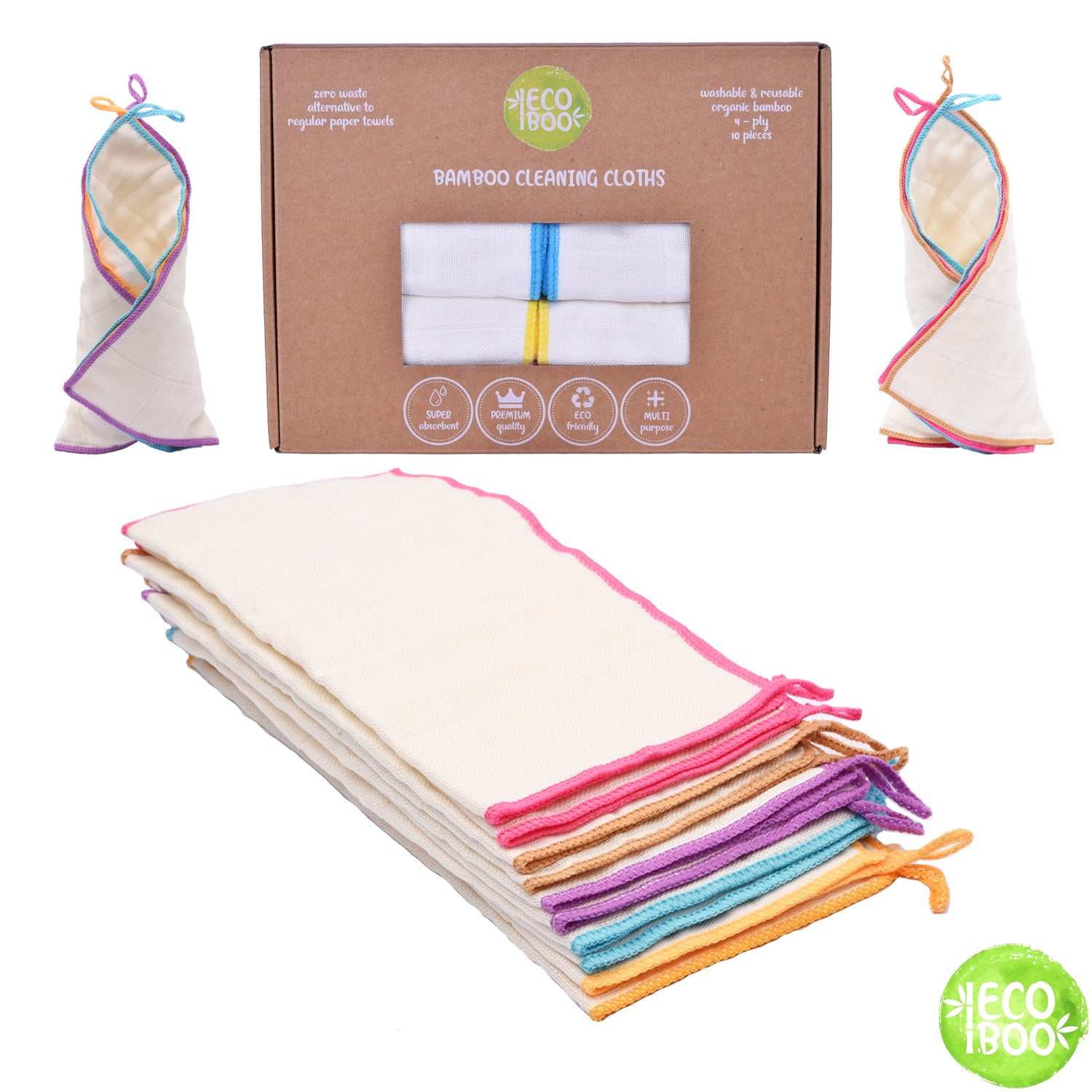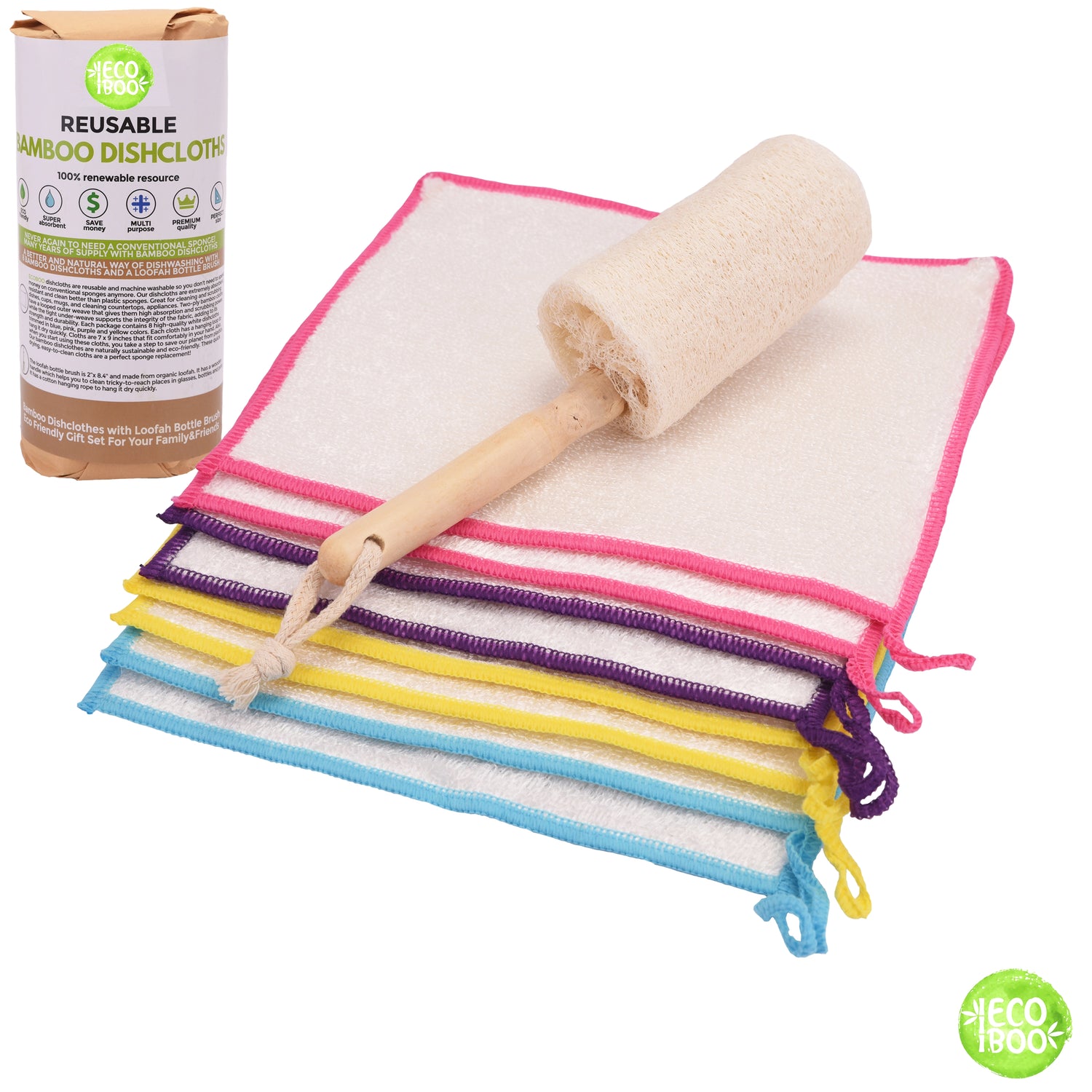I. Introduction
As one of the staples in every household and business, paper products, especially paper towels, play an essential role in our daily lives.
Globally, the paper industry thrives on meeting this ceaseless demand, generating significant economic growth.
However, this rampant production comes with a less visible, but more daunting price tag.
The environmental impacts of paper production, hidden beneath layers of product packaging and convenience, pose significant and daunting challenges to the ecological health of our planet.
II. The Impact of Deforestation
Unbeknownst to many, a staggering 35% of harvested trees feed the burgeoning appetite of the paper manufacturing industry.
This heavy reliance on tree harvesting is a leading driver of deforestation, carving out vast areas of our forests and leading to critical loss of habitats.
Beyond just the loss of trees, deforestation has far-reaching implications.
It not only disrupts biodiversity, with countless species losing their homes and food sources but also accelerates climate change.
Trees act as carbon sinks, absorbing CO2 from the atmosphere, but when they're cut down, this carbon is released back into the atmosphere, intensifying the greenhouse effect.
Our rampant consumption of paper products contributes significantly to this destructive cycle.
III. Energy Consumption in Paper Production

In the grand scheme of global energy consumption, the paper industry holds a dubious honor.
The energy demands of transforming raw wood into refined paper are immense, from the operation of heavy machinery to the heating processes involved in pulp production.
This extensive energy consumption has severe environmental and societal implications.
On the environmental side, burning fossil fuels for energy leads to releasing greenhouse gases, contributing to global warming.
From a societal perspective, the massive energy use by the paper industry adds to the overall demand on our energy grids, which in many parts of the world still rely heavily on non-renewable resources.
Therefore, the paper industry's disproportionate energy consumption exacerbates both our climate crisis and our energy sustainability issues.
IV. Water and Air Pollution
The process of paper manufacturing is not merely taxing terrestrial environments.
It also takes a severe toll on our waterways.
Notably, paper production is one of the most water-intensive industries globally, as it requires significant volumes of water to convert raw wood into paper.
The impact, however, extends beyond just water usage.
Paper mills often discharge various pollutants into waterways, including organic materials and chemicals used during the pulp and paper-making processes.
Similarly, paper production has a substantial impact on our air quality.
Pulp and paper mills are sources of numerous air pollutants, including sulfur compounds and particulate matter, significantly impacting local and global air quality.
These emissions not only tarnish the air we breathe but also contribute to climate change by increasing the level of greenhouse gases in the atmosphere.
The repercussions of these pollutants are far-reaching, impacting ecosystems and human health alike.
Water pollutants can harm aquatic life, disrupt food chains and biodiversity, and contaminate drinking water sources.
Air pollutants, meanwhile, can contribute to respiratory diseases in humans and acid rain, which can damage ecosystems and built infrastructure.
V. Waste Generation and Management

The challenges tied to paper production do not end once the paper has served its purpose.
Once discarded, paper and paperboard account for approximately 26% of solid municipal waste in landfills.
This startling figure underscores the sheer volume of paper waste we generate and the immense pressure it puts on our waste management systems.
The environmental consequences of landfill waste are considerable.
Landfilled paper decomposes and, in the absence of oxygen, produces methane, a potent greenhouse gas that contributes to climate change.
Additionally, as paper waste breaks down, it can produce leachate, a liquid that, when it percolates through the waste, can carry harmful substances.
If not adequately managed, this leachate can contaminate soil and groundwater.
The process of managing and mitigating these risks further contributes to the environmental footprint of paper production and waste.
VI. The Role of Recycling and Reduction in Mitigating Impact
Amidst these dire environmental repercussions, there are effective solutions to mitigate the impact of paper production.
One crucial strategy is recycling.
When we recycle paper, we not only reduce the demand for virgin pulp but also significantly decrease environmental pollution.
In fact, recycling paper results in 35% less water pollution and 74% less air pollution than producing new paper.
These figures underscore the importance of recycling programs and the individual responsibility we bear to participate in such efforts.
Beyond recycling, using less paper can have an outsized impact.
By reducing paper consumption, organizations and individuals can save money while also making a tangible difference to the environment.
Digital alternatives, mindful printing practices, and a culture that values sustainability can significantly decrease our reliance on paper, helping to address numerous environmental issues tied to paper production.
VII. Conclusion
In essence, the production of paper towels, among other paper products, imparts significant environmental consequences, spanning from deforestation to energy use, pollution, and landfill waste.
But it's not all doom and gloom.
We have actionable and efficient strategies at our disposal that can meaningfully lessen these environmental impacts.
One of these is to consciously choose products from sustainable brands like Ecoboo.
Ecoboo offers a range of eco-friendly paper towel alternatives that are just as effective but far less harmful to our planet.
They focus on sustainably-sourced, reusable products, designed to minimize waste and reduce our reliance on environmentally-taxing materials like paper towels.
Recycling programs and reduced paper towel usage in both organizations and personal spheres can make a significant difference too.
So as we wrap up this discussion, let's each make an active choice to consider our environmental footprint and the role our paper consumption plays in it.
Perhaps it's time to look into the eco-friendly alternatives that companies like Ecoboo provide, or maybe it's as simple as recycling more diligently and reducing our paper towel usage.
Every step, no matter how small, can lead to a significant collective impact.
Let's journey together towards a more sustainable future, for our sake and the generations to come.






